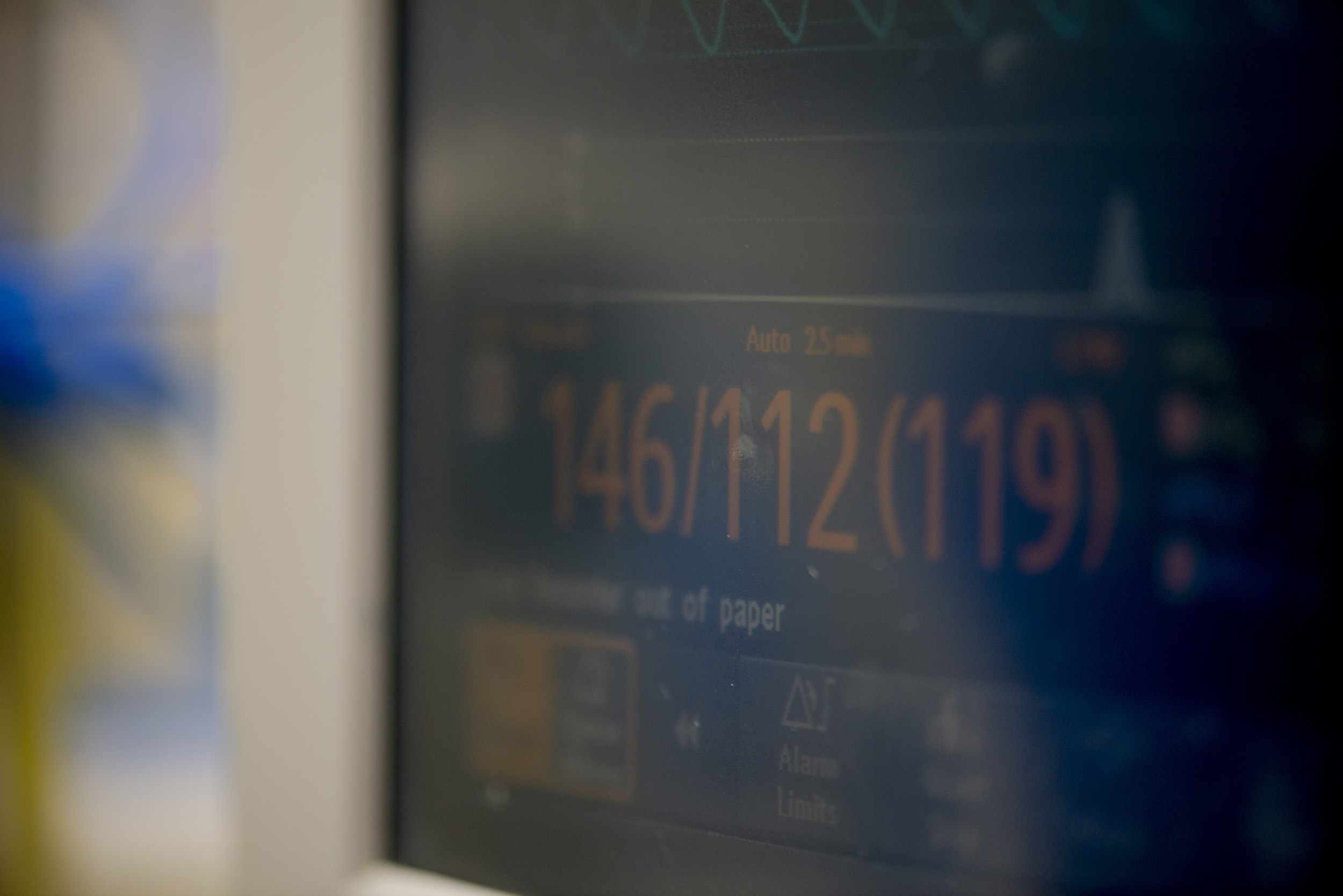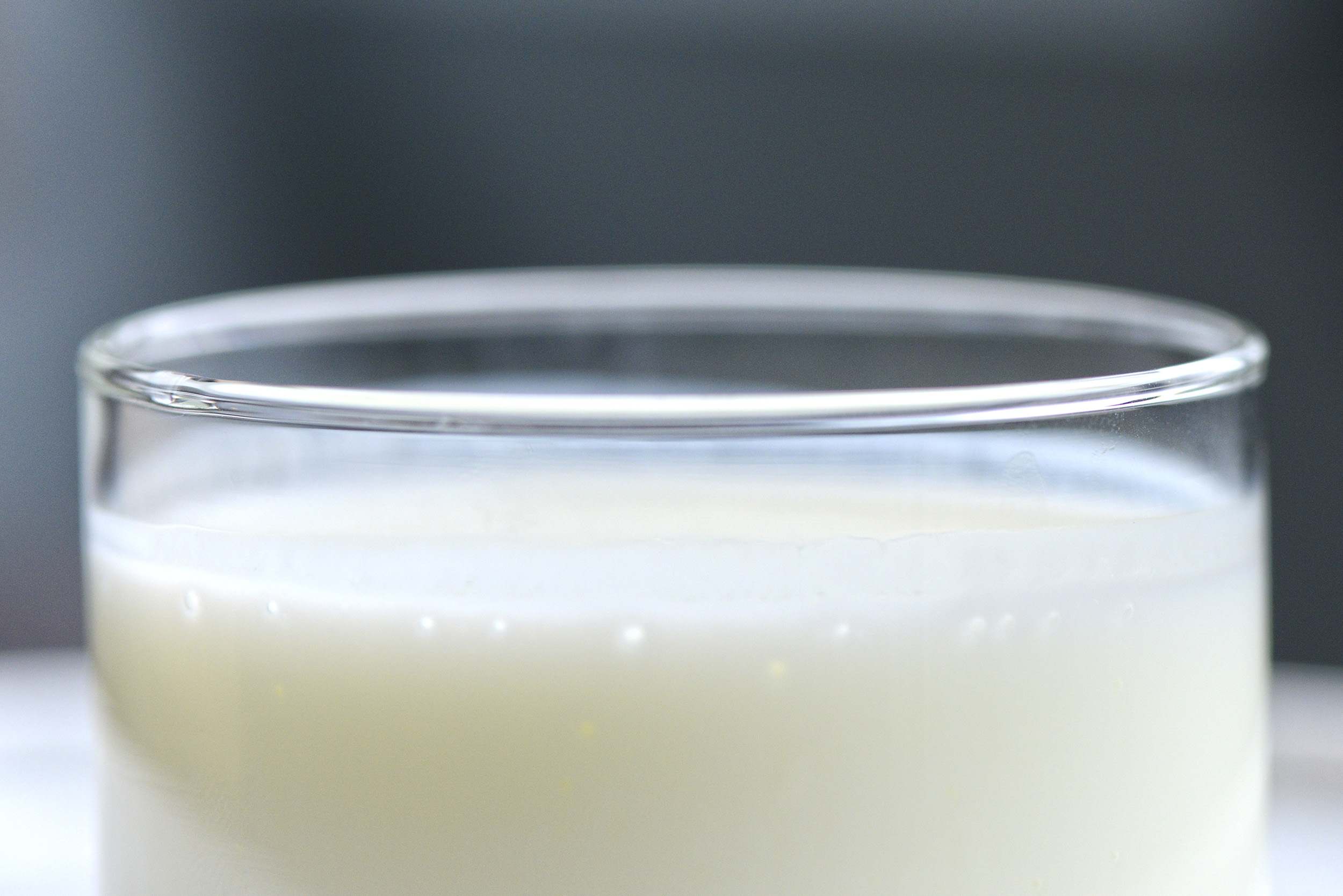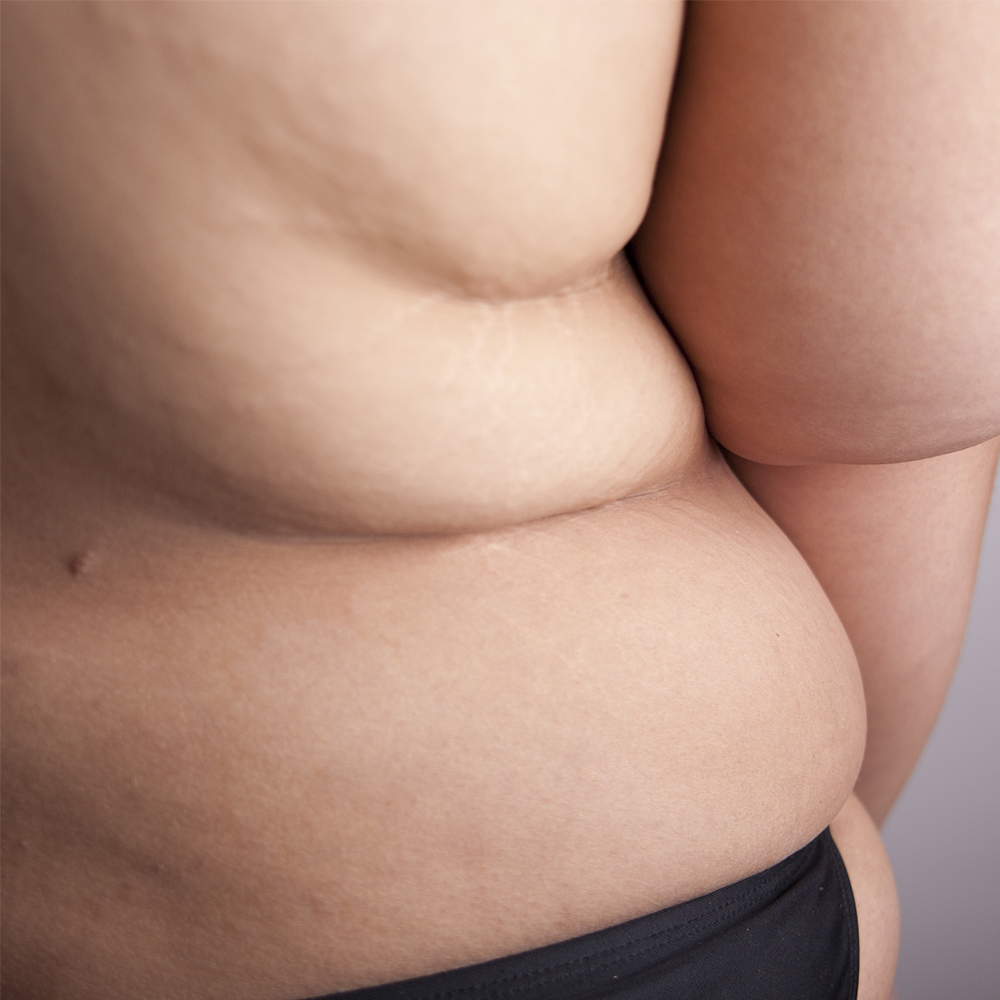Recovery and Life at Home after Bariatric Surgery
Whether you’re in the process of deciding if bariatric surgery is right for you or you’re post-op and would like some helpful tips, knowing what life is like after surgery—and being able to commit to it—are both important aspects of successful outcomes. From lifestyle changes to health transformations that change lives, life after surgery is full of both successes and challenges.
Recovering from Bariatric Surgery
Recovery takes time and patience. The diet is strict. You may experience discomfort and pain as your body heals. The length of time to return to normal activities can vary from patient to patient. Some patients are able to return to work within a few weeks and see weight loss soon after surgery. For others, a couple of months go by before they experience noticeable weight loss.
Fast Heart Rate after Surgery

When to Call your Doctor after Bariatric Surgery
- Sustained heart rate > 120 beats / minute especially during first 30 days postoperatively
- Uncontrollable Vomiting
- Worsening and / or Severe Abdominal Pain
- Fever and chills especially if your fever is greater than 101.5 degrees F.
- Redness, swelling, increasing pain, excessive bleeding, or discharge from the incision sites
- Cough, shortness of breath, chest pain
- Blood in the stool
- Pain, burning, urgency, or frequency of urination, or persistent bleeding in the urine
- Pain and/or swelling in your feet, calves, or legs especially if associated with sudden shortness of breath, or chest pain
- Any other worrisome symptoms
Diet
You will be on a clear liquid diet with instructions to drink 4 ounces of sugar-free liquid per hour. This is the Stage I diet therefore you may refer to your nutrition packet for more information.
Skim Milk is Allowed

You may start your vitamins and liquid protein supplements the day after you leave the hospital while at home. If you find that the supplements and / or vitamins make you feel nauseous then it is okay to wait on starting these until you speak with Dr. Belsley at your first post-operative office visit. Please be sure to keep yourself hydrated.
Medications
Please speak with Dr. Belsley and his team regarding your typical home medications before you leave the hospital. The instructions below although typical, are individualized for each patient.
Heart Medications:
We typically stop all hypertensive blood medications except for B-Blockers.
Diabetes Medications:
We typically stop all oral diabetic medicine after your operation. You should continue to check your blood glucose at home. If you are used to administering insulin, then please give yourself half the usual amount. If you notice that your sugars are persistently elevated or lower than 50 then please call Dr. Belsley.
Blood Thinners
Please continue to hold aspirin unless specifically advised to continue by Dr. Belsley and his team. If you take Coumadin or another blood thinner then please make sure you speak to Dr. Belsley about this medication and receive specific instructions.
Psychiatric Medication:
If you take psychiatric medicine on a regular basis then you should continue taking this medication the day that you return home after the operation.
Asthma Medication and Home CPAP:
Please continue use both your inhalers as well as your CPAP machine
Pain Medication:
You will be given a prescription for pain medicine prior to your discharge. The pain medicine is very good for the normal pain expected at your incision sites. The pain at your incision sites will slowly get better during your first week at home. The pain medicine does not work well for headaches, cramps, intestinal discomfort or gas pain. The pain medicine causes your intestines to sleep therefore it may worsen the discomfort of gas pain and may constipate you. Take the medicine only if you have pain. DO NOT take the medicine constantly around the clock if you do not have any pain.
Wound Care
Your incisions are typically closed with absorbable sutures (meaning no stitches need to be removed). The incisions are covered with a water-proof glue called Dermabond. You may shower after 24-48 hours if you have no drains. Take a warm, not hot shower. Do not take a bath. Limit your shower to 10 minutes. Do not remove any steri-strips if present. Do not rub your incisions. Apply a fragrance free moisturizer to the surrounding skin, however not on your incisions. If you have drains, you may shower once your drains have been removed.
If the Dermabond over your wounds remains one week after your operation then please feel free to remove the Dermabond as it flakes off. Once the Dermabond is no longer covering the wounds then you are welcome to apply various types of over the counter scar reduction sheets, namely sheets made of silicone as well as hydrogel sheets that are water-based. Scar reduction silicone sheets and hydrogel (water-based) sheets may help reduce the scar size, thickness, height, and color of all types of scars.
Exercise and Activity at Home
You are encouraged to walk around your home as well as go on short walks around the neighborhood. Please try to stay active after your operation but do not overdo it. Refrain from weight-bearing exercise. You may begin range of motion exercises but not with any weight, pressure or resistance of any kind. Continue walking. A daily, brisk 20 minute walk is recommended.
Start slow but stay active

Although your incisions are small, your body is undergoing many internal changes and is under stress. Hormone levels change and it is normal to feel tired and rundown. Please do not start exercising until one month after your operation.
Depression and Anxiety after your Operation
If you have a previous diagnosis of depression or anxiety and you have previously been prescribed medications, then you should continue to take your medication in the immediate time up to and after your operation. Do not make your own decision to stop these or any other medications. If you feel extremely anxious or depressed after your operation then please speak with your psychiatrist, clinical psychologist or a member of Dr. Belsley’s team. Do not return to old eating habits and do not keep your problems to yourself.
First Office Visit
Please call our office at 212-523-8041 to schedule your first post-operative visit. This visit is typically one week to ten days after your operative date.


